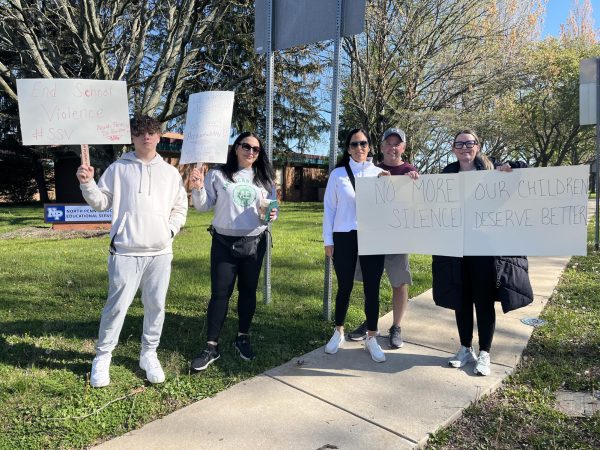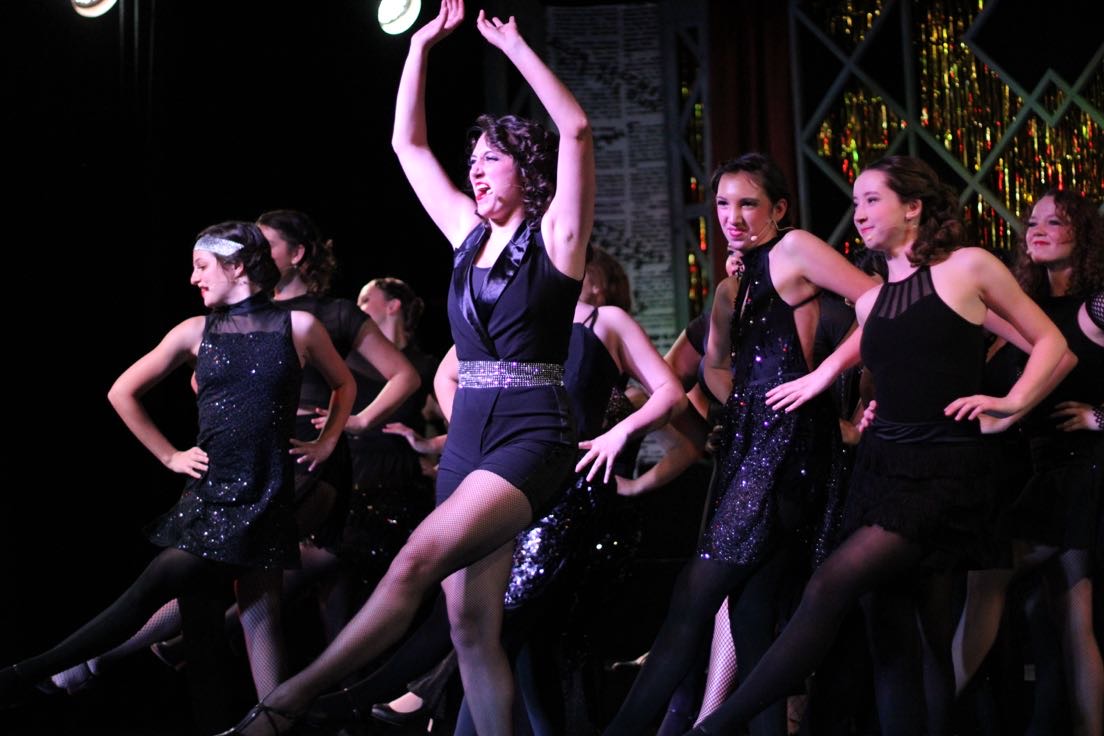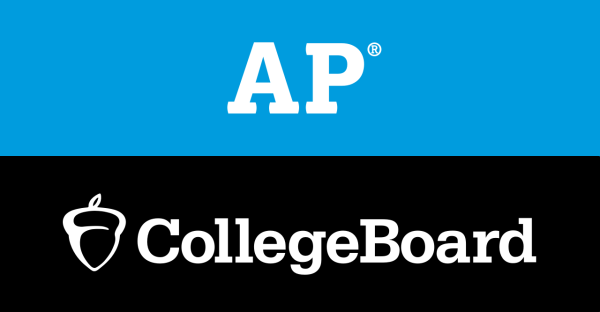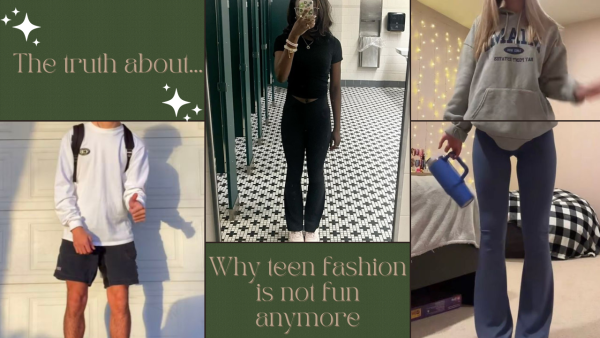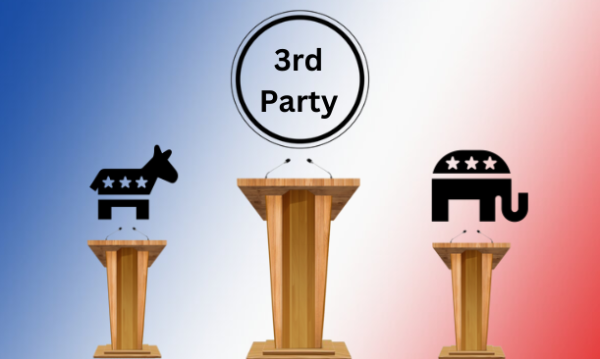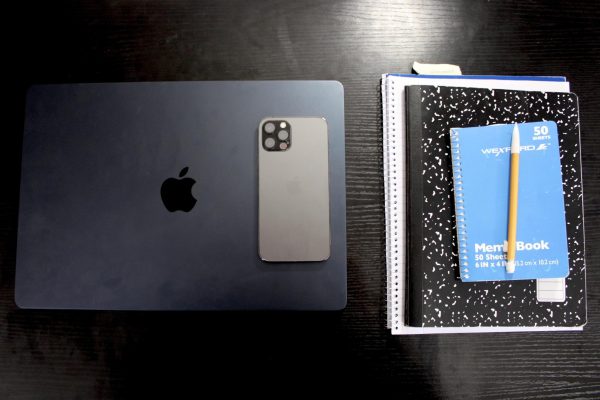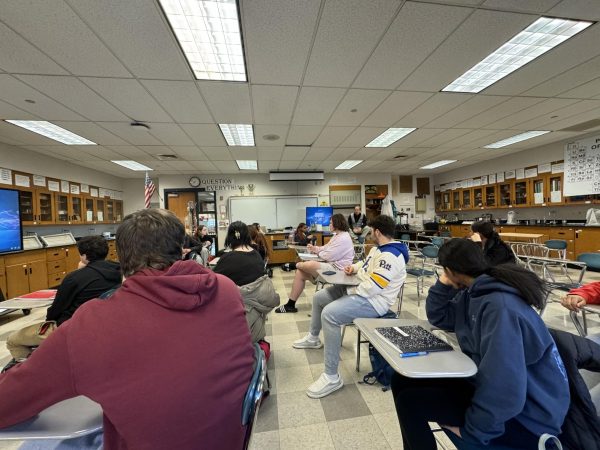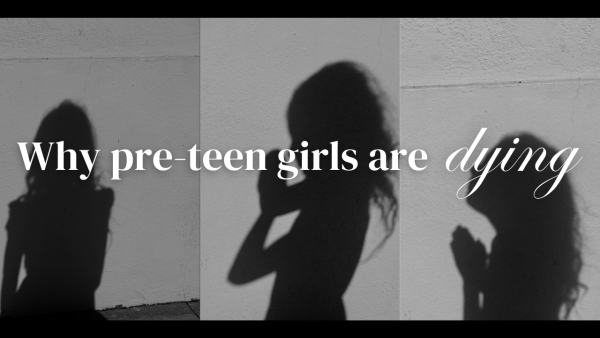Staff writers weigh in on college baseball player’s Tweet
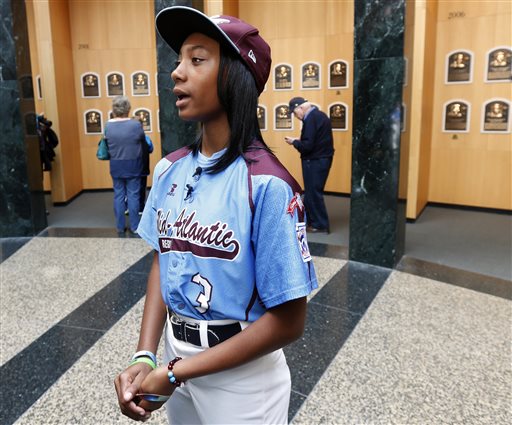
FILE – In this Sept. 25, 2014, file photo, Little League pitcher Mo’ne Davis talks to reporters in the Plaque Gallery at the Baseball Hall of Fame in Cooperstown, N.Y. Mo’ne Davis believes in second chances. Davis told ESPN on Monday, March 23, 2015, that she sent an email to Bloomsburg University in Pennsylvania to request it reinstate first baseman Joey Casselberry. Davis says “everyone makes mistakes” after Casselberry called her a crude name while criticizing the Disney Channel for making a movie about her. (AP Photo/Mike Groll, File)
March 31, 2015
The synchronization of Twitter and modern American sports culture has made quite a disturbing window into the personal lives of our favorite athletes, from respective All-Pros in their sports to local superstars on a high school team. Granted, the public usually only pays attention to Twitter blunders, and most of the time Twitter is simply an effective platform to quickly spread the word about something to a large group. Every now and then, however, a boneheaded tweet graces our presence with its arrogance and shock value.
When a collegiate baseball player, now a former first baseman for the Bloomsburg Huskies baseball team, sent a tweet one night, the realities of poor twitter decisions surfaced again. We know by now, he slandered Philadelphia’s darling high school freshman Mo’ne Davis. Davis was the face of the Taney Dragons during their Little League World Series run last year, managed to win the cover of Sports Illustrated in August, and claimed the hearts of the nation with her urban upbringing in a sport dominated by the wealth of the suburban upper-middle class.
Following the news of a Disney movie about Davis and the Taney Dragons, Bloomsburg junior Joey Casselberry took to Twitter. One misguided slur directed at a young superstar later, Casselberry had his world crashing around him. What he said need not be repeated at this point.
While he is entitled to his opinion, broadcasting it on a platform such as Twitter was a no-go from the start. What he digitized in those 160 characters has been immortalized on Google Image searches forever thanks to screenshots by angry followers, and his actions signed his one-way ticket off the Bloomsburg baseball team.
Regardless of how many generous pleas Mo’ne sends to the university, Casselberry’s time on the team is most likely over. Thus continues a saga of irresponsibility and immaturity by many athletes on Twitter, whether it’s Colin Kaepernick arguing with a fan about his workout regiment, or Johnny Manziel throwing out curses about college, or Mike Wallace releasing a homophobic slur… the list goes on.
The troubling part about these athletes is that they represent so much more than themselves, even at the college level. They are the role models for every single sports player younger than they are, beginning at youth leagues and flowing into high school. What they do, and what they can get away with, sets the bar for what everyone that follows them at least believes they can pull off.
As a young adult, Casselberry should theoretically be able to think before he posts, especially since he represented the Bloomsburg University brand by playing on their baseball team. The tough stance against Casselberry might be seen as a bit extreme by some, but for the sake of the games and personal responsibility of athletes everywhere, Bloomsburg made the right — albeit tough — call.
~*~
Social media is a dangerous weapon that is capable of harming not only others but also each individual user who posts a status update, sends a tweet, or “Instas” a photo. The recent dismissal of a college baseball player from his beloved team proves how destructive social media can be.
After reacting quite harshly in response to the news of Disney Channel’s plan to film a movie about the Little League World Series star Mo’ne Davis, Bloomsburg University baseball star Joey Casselberry was criticized by fans of his own team and other teams alike.
Though Casselberry’s account was deactivated shortly after he sent out the harsh message, followers were able to screenshot the vulgar tweet, spreading his words like wildfire across Twitter, Facebook, and other social media apps and websites. In response to the uproar, the Bloomsburg baseball team dismissed its first baseman, perhaps ending the young man’s college baseball career.
One tweet was all it took to halt the career of a talented, successful college player.
Perhaps saying something similar to the tweet to his friends earned Casselberry some chuckles. Naturally, humans enjoy amusing others, so it is not out of question that Casselberry may have tweeted the offensive message in order to entertain his followers after realizing friends and teammates believed he was funny. Or perhaps, Casselberry was simply frustrated by the attention that this young girl is receiving. Regardless of his motives, the tweet intended for his followers reached the eyes of too many, and his life was immediately flipped upside-down.
Technology in this day and age has become a part of everyday life, and with computers, smart phones and tablets comes social media, which has many dangerous and risky aspects despite its advantages, convenience, and popularity.
Social media has two very important characteristics that make it so dangerous. Anyone can see anything you post, even if your account is ‘private’ or ‘protected.’ Smart phones are capable of taking screenshots of anything, so your tweets, statuses, and photos are not limited to those who follow you. Along with this comes the other very important aspect of social media; it is permanent. Even if a user deactivates his or her account or deletes something he or she posted, a follower very well may have screenshotted the user’s content before deactivation or deletion. In addition, Facebook, Twitter, and other social media websites and apps are able to access deactivated accounts and deleted content.
Although upsetting for Casselberry, his situation is not rare. Social media has proven to be dangerous for countless users. An Instagram photo of two Miss Universe contestants from conflicting countries started an outrageous uproar. A video at a frat party that went viral revealed a racist chant that resulted in the ban of the fraternity at the University of Oklahoma. Employees have been fired after tweeting about their supposedly terrible jobs. Social media allows the rapid spread of anything that catches its users’ attention, and once something is on a website or app, it is impossible to eradicate from the databases of social media companies.
Since social media has undoubtedly become a part of everyday life in this era, one should enjoy the benefits of apps such as Facebook and Twitter. However, it is important to use social media with caution so that it does not become an enemy. Colleges, employers–even baseball teams–can view your profiles, and they can and will judge you based on everything you say.



